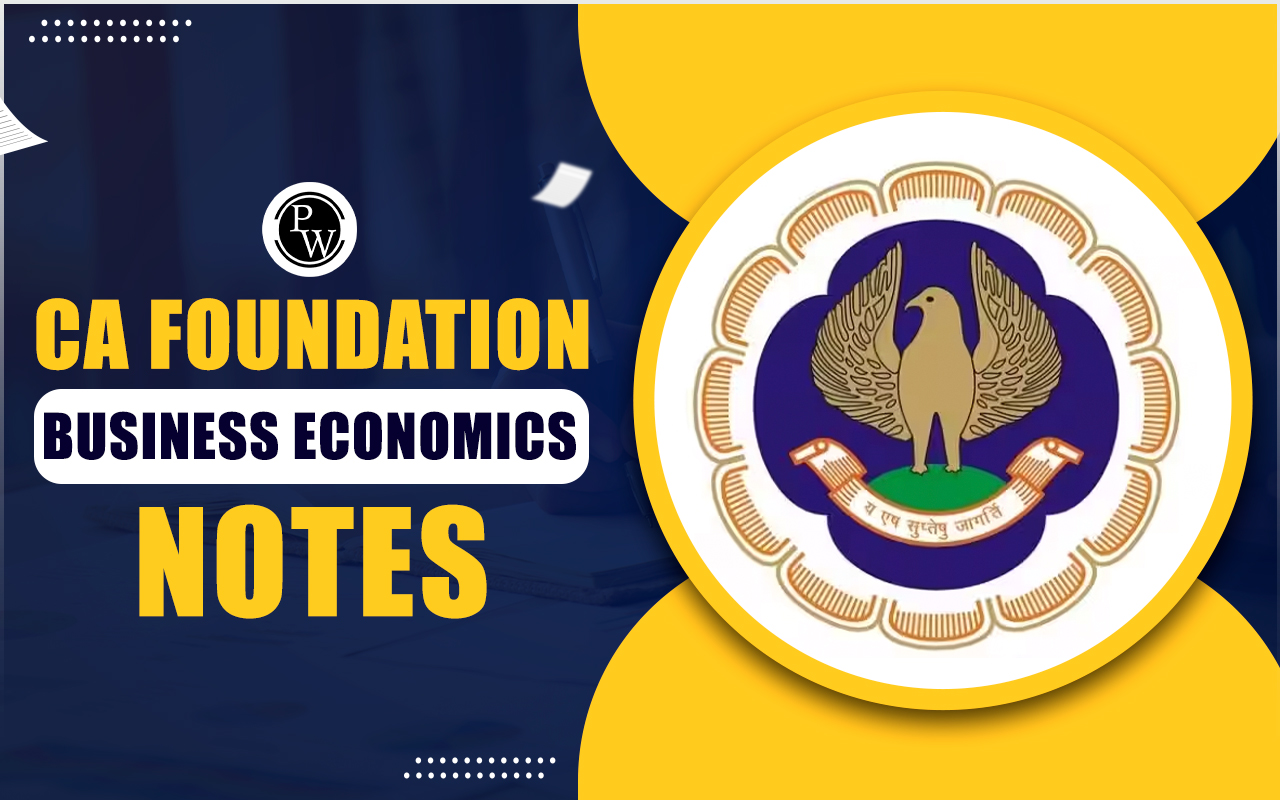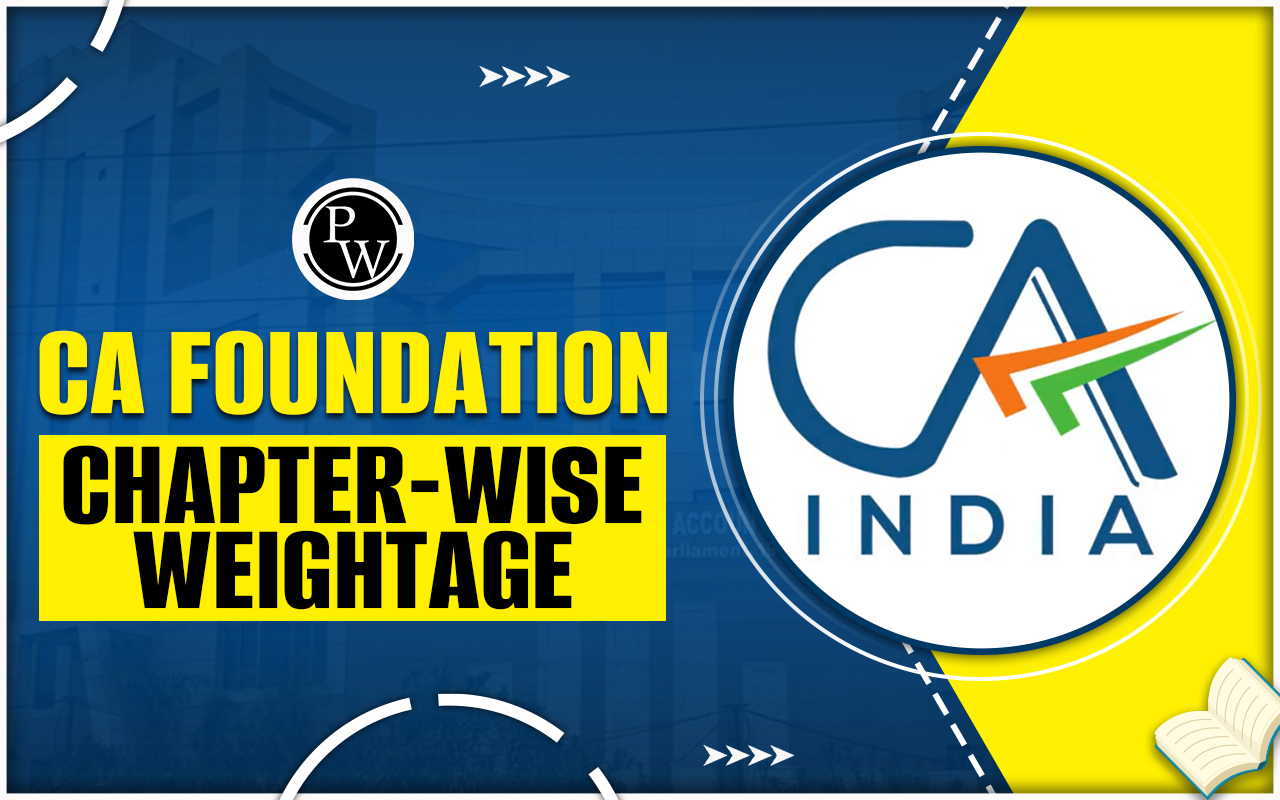
Inflation is an economic phenomenon that affects everyone, from consumers to businesses. As future Chartered Accountants, understanding this topic and its impact on business is crucial. This knowledge helps in advising clients and making strategic decisions that can mitigate negative effects and capitalize on opportunities that arise from trends. In this article, we will delve into this concept for CA Exam , its causes, effects, and how businesses can navigate through inflationary periods.
What is Inflation?
Inflation refers to how prices of goods and services gradually increase, which can lower the value of money. Over time, this means your money buys less than it used to. Economists often gauge inflation using the Consumer Price Index (CPI) or the Producer Price Index (PPI). It can be caused by various factors, including increased demand (demand-pull), higher production costs (cost-push), and built-in inflation resulting from wage-price spirals. Understanding it is crucial for managing economic policies, business strategies, and financial planning, as it impacts both consumers and businesses.Causes of Inflation
Inflation is the increase in prices over time, and understanding its causes can help businesses and individuals prepare for its impact. There are three main causes i.e. demand-pull, cost-push, and built-in inflation.Demand-Pull Inflation
Demand-pull happens when the demand for goods and services exceeds their supply. Imagine a highly anticipated concert with limited tickets, yet a large number of eager attendees. The high demand for tickets drives up their prices. Similarly, when more people and businesses want to buy goods and services than what is available, prices increase. This type often occurs in a growing economy where consumers have more money to spend.Cost-Push Inflation
Cost-push occurs when the costs of producing goods and services rise, leading businesses to increase their prices. For example, if the price of oil goes up, transportation and manufacturing costs also rise. Businesses transfer these increased costs to consumers by raising prices. Other factors that can cause cost-push include rising wages and increased prices for raw materials. When production costs go up, it becomes more expensive to produce and sell goods, resulting in higher prices for consumers.Built-In Inflation
Built-in, also known as wage-price, happens when workers demand higher wages to keep up with rising living costs. When businesses raise wages, their costs increase, which often leads them to increase prices to maintain their profit margins. This creates a cycle where rising wages lead to higher prices, which in turn leads to further wage demands. Built-in reflects the ongoing adjustment of wages and prices to each other, creating a self-perpetuating cycle.Also Read: Cost Control and Reduction
Impact of Inflation on Business Costs
It significantly affects business costs, influencing everything from raw materials to wages. During periods of high inflation, businesses often face increased expenses, which can squeeze profit margins.- Raw Materials: Higher prices for raw materials mean increased production costs. For example, if the price of steel rises, manufacturers of automobiles or machinery face higher costs, which they may pass on to consumers.
- Labor Costs: Employees may demand higher wages to keep pace with it, leading to increased payroll expenses. Businesses must balance these demands against maintaining profitability.
- Overheads: Utility costs, rents, and other overheads can also rise during inflationary periods, further adding to business expenses.
Impact of Inflation on Consumer Behavior
For businesses, grasping how it influences consumer behavior is essential. During periods of high inflation, consumers often adjust their spending habits in response to rising prices.- Reduced Spending: As prices increase, consumers may cut back on discretionary spending, affecting businesses that sell non-essential goods and services.
- Shift to Cheaper Alternatives: Consumers might switch to cheaper brands or products, impacting premium brands and businesses with higher-priced offerings.
- Increased Borrowing Costs: With higher inflation, interest rates often rise, making borrowing more expensive. This can reduce consumer spending on big-ticket items like homes and cars.
Strategic Responses to Inflation for Businesses
Businesses must develop strategic responses to navigate inflationary pressures effectively. Here are effective strategies to consider:Cost Management: Employing cost-control measures such as negotiating favorable terms with suppliers, enhancing operational efficiencies, and minimizing waste can help offset the effects of price hikes.
Pricing Strategies: Adjusting pricing strategies to reflect rising costs can help maintain profit margins. Businesses need to communicate these changes effectively to customers to maintain trust and loyalty.
Financial Planning: Effective financial planning, including hedging against itI and managing cash flow, can help businesses remain resilient during inflationary periods.
Role of CAs in Inflation Management
Chartered Accountants (CAs) are crucial in helping businesses handle it, which is the rising cost of goods and services. Their expertise ensures businesses make informed decisions during inflationary times. Here's how they do it:Financial Forecasting:
CAs predict future financial scenarios, considering it. This helps businesses plan for potential cost increases and maintain financial stability.Cost Analysis:
They examine business expenses to identify areas where costs can be reduced. By finding ways to cut unnecessary spending, businesses can better manage their budgets during inflation.Strategic Advising:
CAs provide advice on effective strategies to cope. This includes suggesting price adjustments, cost-saving measures, and investment opportunities that can safeguard a company's profitability.Cash Flow Management:
Ensuring a steady cash flow is vital. CAs help businesses maintain sufficient cash reserves, so they can cover rising costs without compromising operations. For CA students aspiring to excel in their careers, enrolling in specialized courses can make a significant difference. PW CA Courses offer comprehensive training and expert guidance to help you navigate complex topics.| Also Check | |
| Kaizen Costing | Throughput Accounting |
| Business Cycles and Economic Indicators | Economic Development and Planning |
| Total Quality Management | Cost Volume Profit Analysis |
Inflation FAQs
What is inflation?
What causes inflation?
How does inflation impact businesses?
How can businesses manage inflation?
Why are Chartered Accountants important in inflation management?










